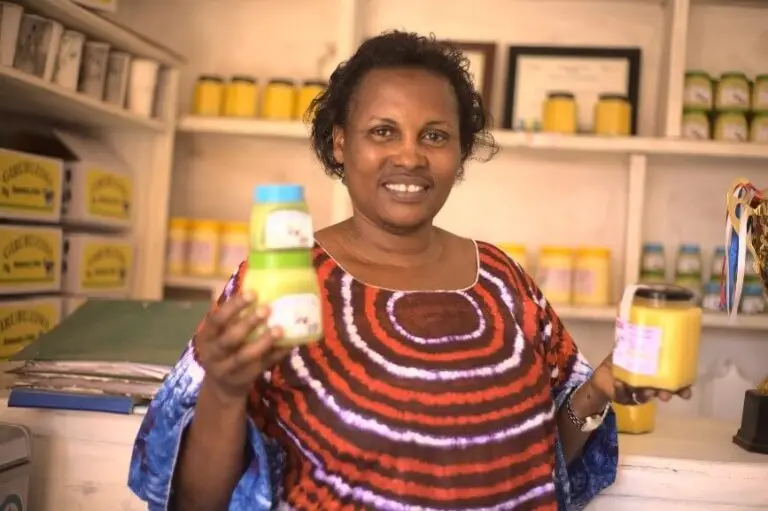TMA’s ultimate goal is to contribute to the achievement of sustainable, inclusive prosperity in Eastern and Southern Africa through increased trade. There are various pathways from increased trade to sustainable and inclusive prosperity. TMA’s theory relies on the assumption that increasing trade affects the economy in such a way as to improve the economic situation of poor people, particularly those working in sectors and geographic areas more affected by domestic and international trade.
and Learning (MEL) Strategy
Provides a comprehensive overview of the change that TMA, along with its partners and donors, seeks to deliver in Eastern and Southern Africa;
Describes TMA’s theories of change and identifies the monitoring, evaluation, and research priorities needed to better understand these theories and the results achieved; and
Draws on TMA’s experiences and the independent evaluation of Strategy 1 to develop a robust Monitoring, Evaluation, and Learning (MEL) approac
TMA and its donors oversee an evaluation programme to look strategically at its interventions across the region rather than within individual programmes. This will enable TMA to test and refine its theories of change and project portfolio.
TMA’S learning agenda creates a more structured environment to review performance, reflect on lessons, and optimise programmes based on learning. The programme includes knowledge sharing activities, strategic review sessions, political economy analyses, an annual monitoring review, and results measurement for institutional capacity building.
Some assumptions and pre-conditions within the theories of change are too broad to be tackled by evaluation alone. We will therefore seek to explore them more fully through its research agenda, contributing our experience and leveraging experiences and data from others. Strengthening lessons learned combined with complementary external partnerships and applied research augments TMA’s ability to produce long-term impact in its programmes.
-
Annual Report
-
Strategic Evaluations
-
Impact Stories
-
Research and Data Dashboard





